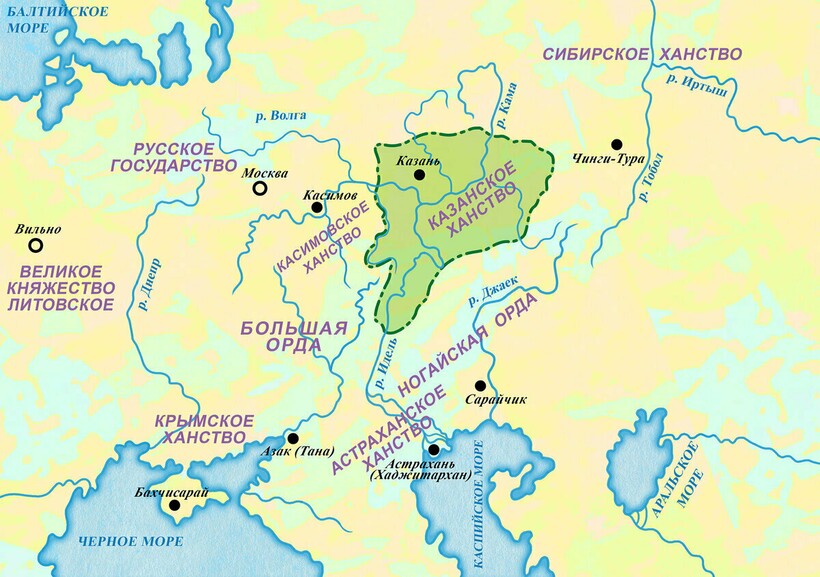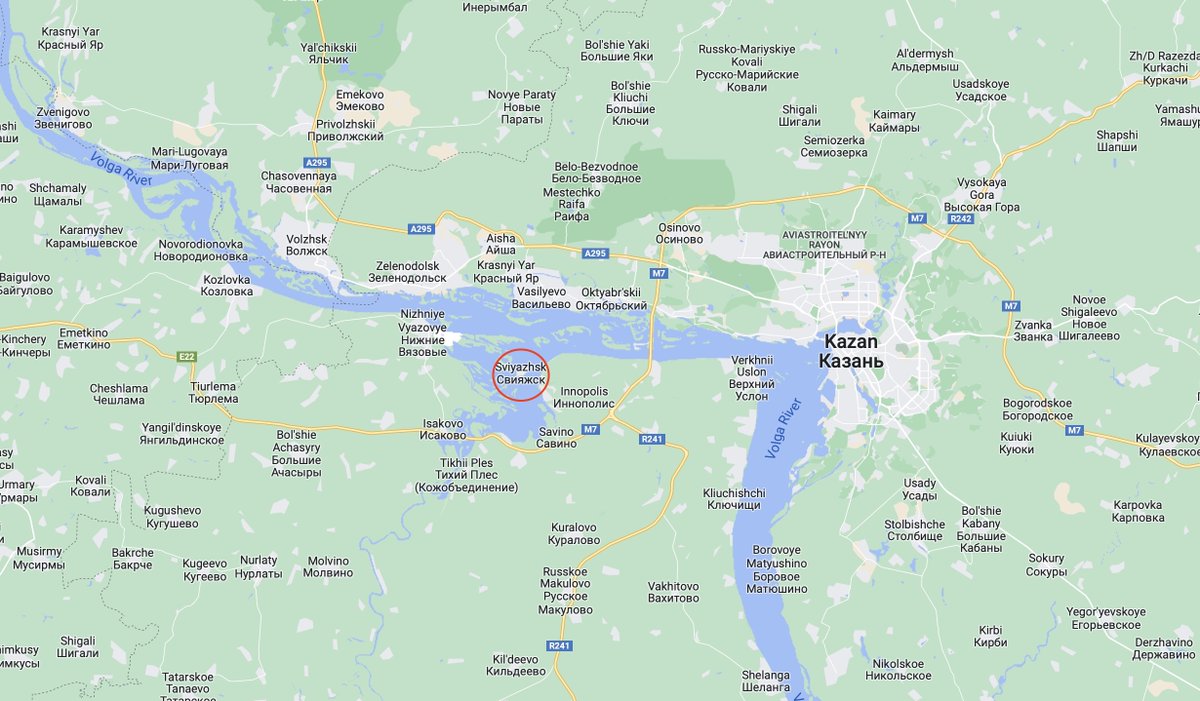
That's correct. Democracies seem to be weaker and autocracies stronger than reality. Censuring information works both ways: you look great but at the same time you limit/outlaw the feedback mechanisms. That's why autocracies are so seemingly powerful and so astonishingly fragile
https://twitter.com/Borderscrossed/status/1581688684323430400
The world is incomprehensible in all of its complexity, but you still can make real life decisions based on simple asymmetries. For example:
Countries like the US/UK can't collapse suddenly, despite all the alarmism
Countries like Russia/China can, and nobody will see it coming
Countries like the US/UK can't collapse suddenly, despite all the alarmism
Countries like Russia/China can, and nobody will see it coming
One could even say that alarmism is a sign of strength rather than weakness. In the real world systems won't change or improve, unless they are scared. So while creating a permanently negative news feed, the alarmism nevertheless is a powerful (& necessary) tool of social change
Under autocracy the negative information is heavily censured, so it doesn't spread to the outer world. But it it prevents it reaching the decision makers either. Autocratic rulers are effectively blind. Which explains much of the "sudden" catastrophes under autocracies
Consider the German invasion of the USSR in 1941. It commenced on June 22 and went astonishingly successfully. Soviet armies covering the western borders were basically decimated. What did Stalin do? Nothing. He didn't know, because nobody would tell him
Only on June 29 Stalin learnt that Minsk has fallen (= road on Moscow was open). That was shocking. Minsk was covered by the strongest force USSR had, the Western Front. Stalin called the government and asked what is the situation on the Western Front. They couldn't say anything
That alarmed Stalin. He ordered Molotov, Malenkov, Beriya and Mikoyan to get into car and they all drove to the government. Stalin told to connect him with the Belarus Military District. Zhukov told there's no connection. So Stalin realised the Western Front doesn't exist anymore
Stalin yelled at Zhukov so hard, that Zhukov ran out to another room and wept. When Politburo members left the building, Stalin told:
- Lenin has left us a great state and we have wasted it ("have shit it through")
Stalin left to his dacha alone
- Lenin has left us a great state and we have wasted it ("have shit it through")
Stalin left to his dacha alone
Politburo was divided what to do. Voznesensky suggested disposing Stalin and putting Molotov on his place. Molotov refused. They all went to Stalin's dacha. Stalin looked very badly and asked why did they come. Mikoyan concluded that Stalin feared they came to arrest him
Molotov said they must form a Defence Committee to run the country. And Stalin should lead it:
- Ok - said Stalin. He looked surprised
On July 6 the chief of Soviet military intelligence general-lieutenant Golikov departed to London. And that was the turning point in the war
- Ok - said Stalin. He looked surprised
On July 6 the chief of Soviet military intelligence general-lieutenant Golikov departed to London. And that was the turning point in the war
Summary: if you think that a strong, powerful, violent autocrat must be well-informed, you are probably wrong. Nobody would ever tell him anything unpleasant. The same goes on *every* level of hierarchy. Autocracy is brittle, because it is blind
• • •
Missing some Tweet in this thread? You can try to
force a refresh







